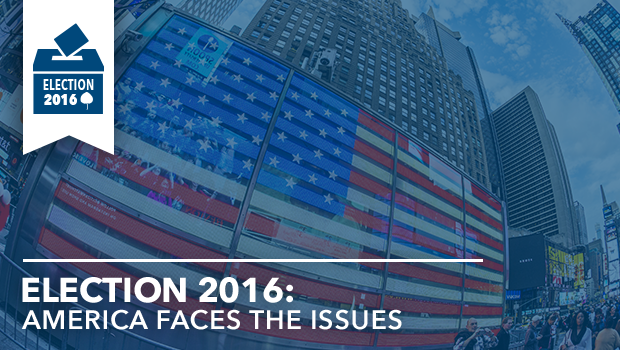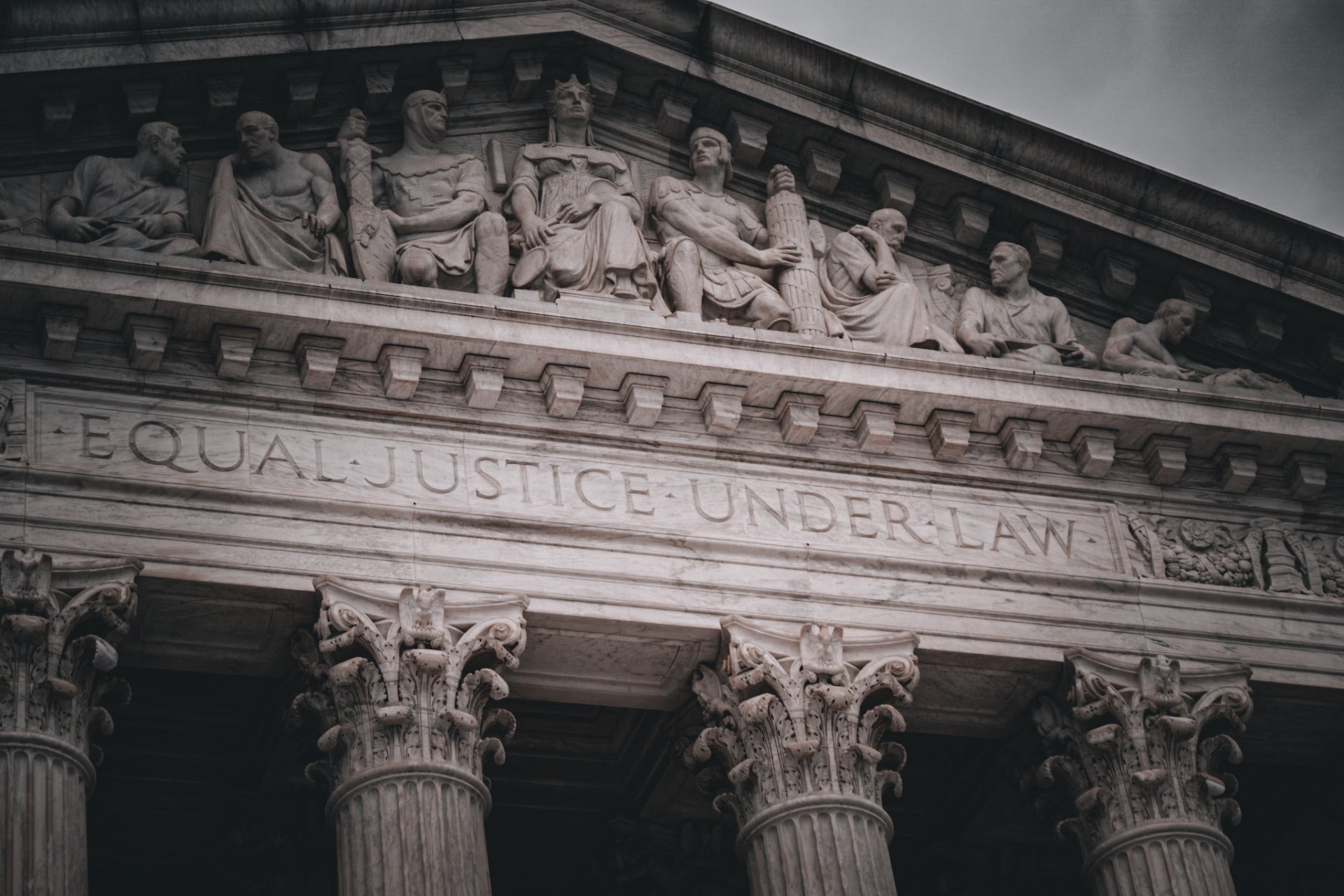With President-Elect Donald Trump’s remarkable victory, the anti-establishment message sent by American voters has been emphatically delivered. This election result is the culmination of political forces that upended traditional coalitions and even basic social norms, leaving many scratching their heads. The assessment of how this happened will continue for a while, but one big reason why it happened is that Americans today face a gap in social capital unlike any in our history, and it is tearing a gigantic hole in our nation’s fabric.
Social capital is the network and scaffolding, seen and unseen, that allow determined individuals to succeed. It eases barriers to entry and provides tremendous leverage and “insider status” for those who have it. Social capital can exist on a personal level – think of family connections to help open doors for college or a first job as well as affiliation with a university, club or employer – and it can exist on a community level. Communities with social capital not only provide ramps for the success of their individual members, they feed into a feeling of “ownership”, the ability and perception that individuals in those communities can influence their direction and the direction of their country.
Many American voters have come to understand that they have less and less social capital. To the majority, their lack of social capital is extremely clear: Elites and establishment politicians seem not to care about their needs and more about maintaining office, making money, and maintaining their own capital, even hoarding it. In times past, strong social institutions such as churches, unions, and other support organizations provided clout to their members, but these institutions are disappearing. Our decreasing social mobility is a clear symptom of this decreasing social capital access for most Americans.
Trump and Sanders both tapped into this sentiment, using language to vilify Secretary Clinton and the establishment while painting their own rosier picture of a stronger and more equal populace. But neither offered lasting solutions to the problem, because public policy can only do so much. Public policy changes are important, but the social capital gap cannot be addressed by simply raising the minimum wage or limiting immigration or even fighting for racial equality.
One important way to fix this gap is for elite Americans to decide that sharing their access to opportunity is important to their fellow citizens, and the country.
This won’t be easy. America’s elites have gotten really good at protecting their interests. Informal networks of people, like alumni of Ivy League universities, help each other defend or pursue their personal agendas. Formal networks, like paid lobbyists, pursue professional agendas for elites with large reserves of social capital and often financial capital as well. Tax codes favor the socially connected, as do the government expenditures. Democrats and Republicans thrive. As Senator Bob Dole once said, “When PACS give money, they expect something in return other than good government. Poor people don’t make political contributions.” These are classic uses of social capital for the exclusive use of elites in the context of politics.
So what can we do? We can use this presidential election as a wake-up call and catalyst for our own collective change. We must understand that our shared interests need to be brought back into balance with our personal interests. Through individual decisions and as a collective group, we must take less, give more and support the infrastructures that develop social capital for the many. And many of us have to do this in order for this to work.
This is going to be painful because we can’t just do business as usual. This election showed us that business as usual isn’t working for millions of Americans. To have a successful, unified and happy society our multiple forms of capital need to be shared and we must rededicate ourselves to the success of all of our fellow citizens.


